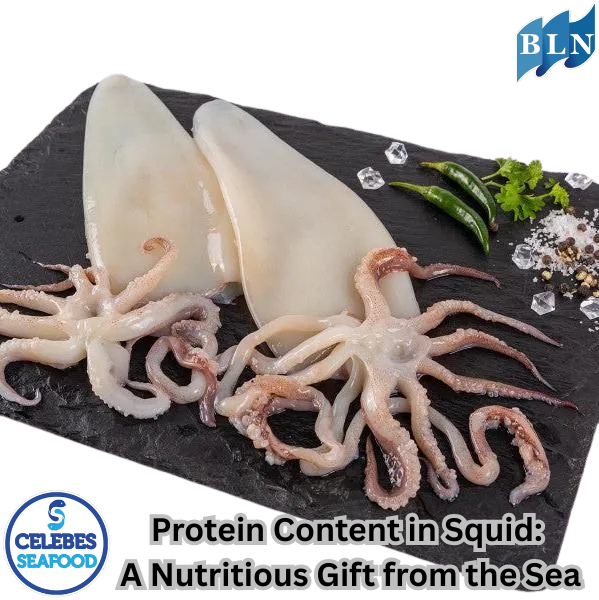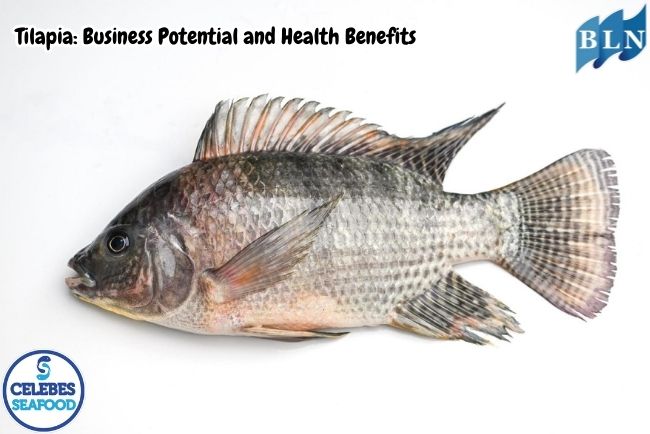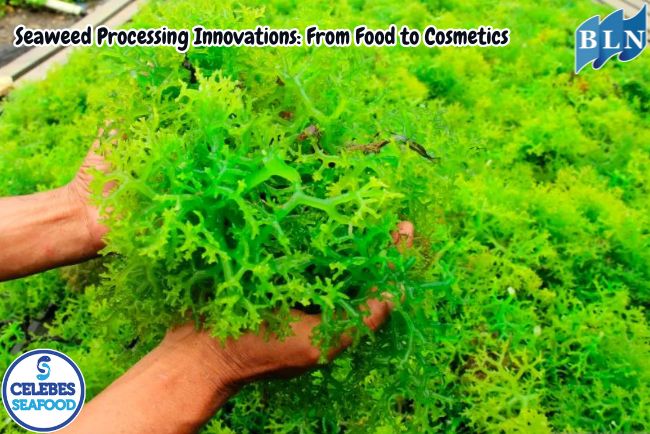Protein Content in Squid: A Nutritious Gift from the Sea
By. Tri - 20 Aug 2025
lautnusantara.com_ Squid is one of the most popular seafood delicacies, loved for its savory taste, chewy texture, and versatility in cooking. Beyond its culinary appeal, squid is also highly valued for its nutritional benefits, particularly its protein content.
Protein is one of the essential macronutrients that the human body needs in relatively large amounts. It plays a crucial role in building tissues, repairing cells, producing enzymes and hormones, and supporting overall metabolism. Including squid in your diet is an excellent way to obtain high-quality animal protein along with other important nutrients.
Protein Content in Squid
According to nutritional data, 100 grams of fresh squid contains:
- Protein: 15–16 g
- Calories: ~90–100 kcal
- Fat: 1.5–2 g
- Carbohydrates: ~3 g
- Cholesterol: ~230 mg
- Vitamins: B12, riboflavin, vitamin E
- Minerals: phosphorus, selenium, copper, zinc
This makes squid a lean source of protein, meaning it provides protein with very little fat. For people who are conscious about calorie and fat intake, squid can be a nutritious option to fulfill protein needs without adding excess fat.
Why Is Protein from Squid Important?
- Supports Growth and Tissue Repair
Protein is the main building block of muscles, skin, hair, and internal organs. For children and teenagers, squid protein supports growth, while for adults, it aids in tissue repair. - Helps Build and Maintain Muscle Mass
For athletes or individuals who exercise regularly, protein from squid supports muscle strength and maintenance. - Boosts the Immune System
The amino acids in protein are essential for antibody production, which helps the body fight infections. - Regulates Hormones and Enzymes
Many hormones and enzymes are made of protein. Eating squid provides the amino acids required to sustain these biochemical processes.
Comparing Squid Protein with Other Seafood
|
Seafood Type |
Protein per 100 g |
Fat per 100 g |
Calories (kcal) |
|
Squid |
15–16 g |
1.5–2 g |
90–100 |
|
Octopus |
14–15 g |
1 g |
82 |
|
Cuttlefish |
16–17 g |
1.4 g |
92 |
|
Shrimp |
18–20 g |
1 g |
99 |
|
Tuna |
23–25 g |
1 g |
110 |
From the table, tuna and shrimp have slightly higher protein content, but squid remains a valuable source due to its balanced nutrients, distinctive taste, and rich vitamin and mineral profile.
Tips for Consuming Squid as a Protein Source
- Choose healthy cooking methods – boiling, grilling, or steaming is better than deep-frying to retain nutrients.
- Moderation is key – while nutritious, squid is relatively high in cholesterol, so it should be eaten in controlled portions.
- Pair with balanced foods – combine squid with vegetables, whole grains, or legumes for a complete and nutritious meal.
- Opt for fresh squid – fresh or minimally processed squid preserves more nutrients compared to frozen or canned versions.
Squid is not only a delicious seafood but also a rich source of high-quality protein. With about 15–16 grams of protein per 100 grams, squid contributes significantly to daily protein requirements. It also supports muscle growth, tissue repair, metabolism, and immune function.
In addition to protein, squid provides vitamin B12, selenium, phosphorus, and other essential micronutrients, making it a well-rounded dietary choice. However, due to its cholesterol content, squid should be consumed in moderation and balanced with other protein sources such as fish, poultry, or plant-based proteins.
In short, squid is a nutrient-packed gift from the sea—perfect for anyone looking to enjoy tasty seafood while boosting their protein intake.
If you are interested in our OCTOPUS WHOLE CLEANED BALL TYPE, OCTOPUS WHOLE CLEANED FLOWER TYPE please do not hesitate to contact us through email and/or whatsapp.





.jpg)

